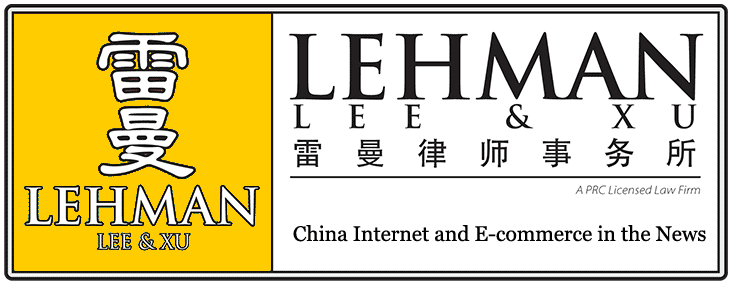BEIJING—A Chinese official in the southern city of Guangzhou was fired from his post and detained after investigators confirmed he and his family owned 22 homes, according to state media. He is the latest local official to fall at the hands of Internet activists incensed over local corruption.
Cai Bin, who formerly ran the city's urban management bureau in the district of Panyu, served as its political commissar and was its deputy chief of police, is suspected of bribe-taking, the state-run Xinhua news agency quoted Mei Heqing, a local discipline official, as saying.
Mr. Cai and local officials couldn't be reached for comment.
Earlier this month, online activists and local media reported Mr. Cai's family owned more than 20 homes. The value of those homes wasn't immediately clear, though Xinhua has quoted estimates saying the homes possibly were worth as much as 40 million yuan ($6.4 million). Mr. Cai earned about 10,000 yuan monthly in his official work, Xinhua said.
Mr. Cai is suspected of concealing most of his family's real estate, Xinhua reported, previously disclosing only two family homes. State media reported Monday that he had been placed under shuanggui, a form of investigative detention for cadres.
Anger over corruption throughout the Communist Party is one of the most pressing issues facing leaders as they prepare for a once-a-decade leadership change that begins Nov. 8, according to political analysts. Deepening concerns over corruption in business and government parallel a rise in Internet users engaged in a constant and raucous conversation over China's future.
Mr. Cai is at least the second official to fall at the hands of online users in two months. In September, Yang Dacai, former head of northwest Shaanxi province's Work Safety Administration, was removed from his post after online activists exposed a trove of photos of him sporting several luxury watches. Mr. Yang later publicly said he owned the watches—including one costing about $5,500 from luxury watchmaker Montblanc—but said they had all been purchased with legally earned income.
The rise of social media, in particular microblogging services such as Sina Corp.'s Weibo, present challenges for the party. Relative freedom to gripe about local problems releases social tensions, according to analysts. But at the same time, the pace at which online information travels means local concerns can quickly gain national sympathy. Across the Internet, Mr. Yang soon became known as Watch-Wearing Brother, while Mr. Cai is now referred to as Uncle House.
In addition, the ouster of once-rising political star Bo Xilai has compounded concerns over corruption. Mr. Bo, once a candidate for promotion to the all-powerful Politburo Standing Committee, was expelled from the party last month on accusations that include widespread bribe-taking during the course of a 30-year career, in addition to otherwise abusing his power.
Mr. Bo once ran a high-profile anticorruption campaign in the southwest city of Chongqing, where he served as party chief until March. Accusations against him appear to have further undermined the party's credibility in the eyes of ordinary Chinese already grappling with a slowing economy, local corruption, environmental degradation and other issues.
Mr. Cai, as head of the district's urban management agency, would have wielded significant power. The bureau's precise jurisdictions are at times vague, though its officials, known in China as chengguan, are active in nearly all aspects of urban development and planning. As a result, they are commonly a target of local petitioners' claims of abuse, ranging from land seizures to extortion.
http://online.wsj.com/article/SB10001424052970203630604578072710242469722.html?mod=googlenews_wsj
|

